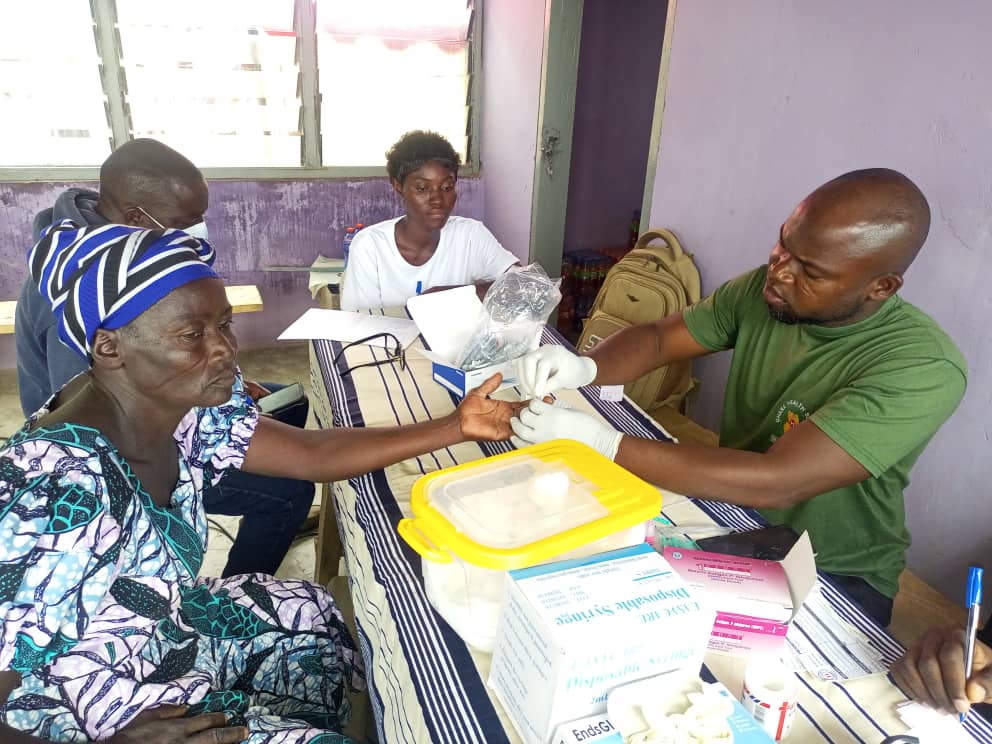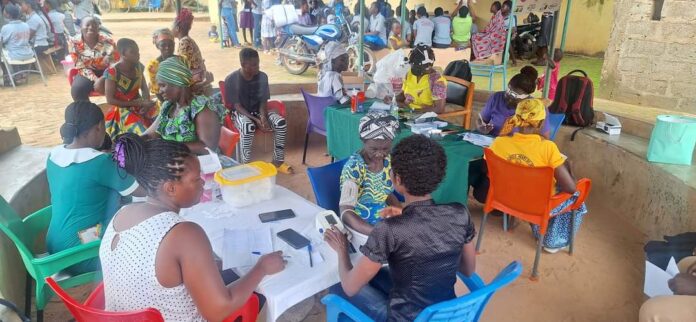The Widows And Orphans Movement (WOM) has organized a comprehensive free health screening exercise for approximately 200 women in the Bolgatanga Municipality and Bongo District of the Upper East Region, with funding support from the Church of Pentecost.
This noble initiative, undertaken through the movement’s subsidiary ORL and Hearing Care Africa LBG, aimed to address the critical health concerns of Ear, Nose, and Throat (ENT) disorders, as well as Hepatitis-B and Malaria infections, which are prevalent among the vulnerable populations in the region.
The exercise was particularly significant, as it targeted widows, who often find themselves at the mercy of a healthcare system that lacks specialists in ENT care.
According to the movement’s Director, Fati Abigail Abdulai, the lack of attention to ENT health issues has a devastating impact on the quality of life of elderly widows, who are already grappling with the challenges of aging and social isolation.
Through this selfless act, the Widows And Orphans Movement is not only improving the health and wellbeing of these women but also empowering them to reintegrate into their communities with dignity and purpose.
Ms Abdulai, noted, “We hope that as they seek help and improve their quality of life, they will be better equipped to contribute to their communities and gain the recognition they deserve as valuable members of society.”

Dr. Eunice Rabiatu Abdulai, a Senior ENT specialist, and her team worked tirelessly to provide immediate attention to basic ENT problems, while referring more complex cases for further treatment.
The Ear, Nose, and Throat health screening exercises, held on Wednesday, August 28, 2024, at Bongo-Beo and on Friday, August 30, 2024, at the Bolgatanga Catholic Social Center, marked a comprehensive approach to wellness, addressing a range of health concerns that often go unattended.
By conducting these exercises, WOM aimed to provide holistic care, detecting and treating ENT issues, and empowering individuals to take control of their health, as it sought to foster a culture of preventive care, support, and guidance, ultimately enhancing the overall quality of life for those in need.




